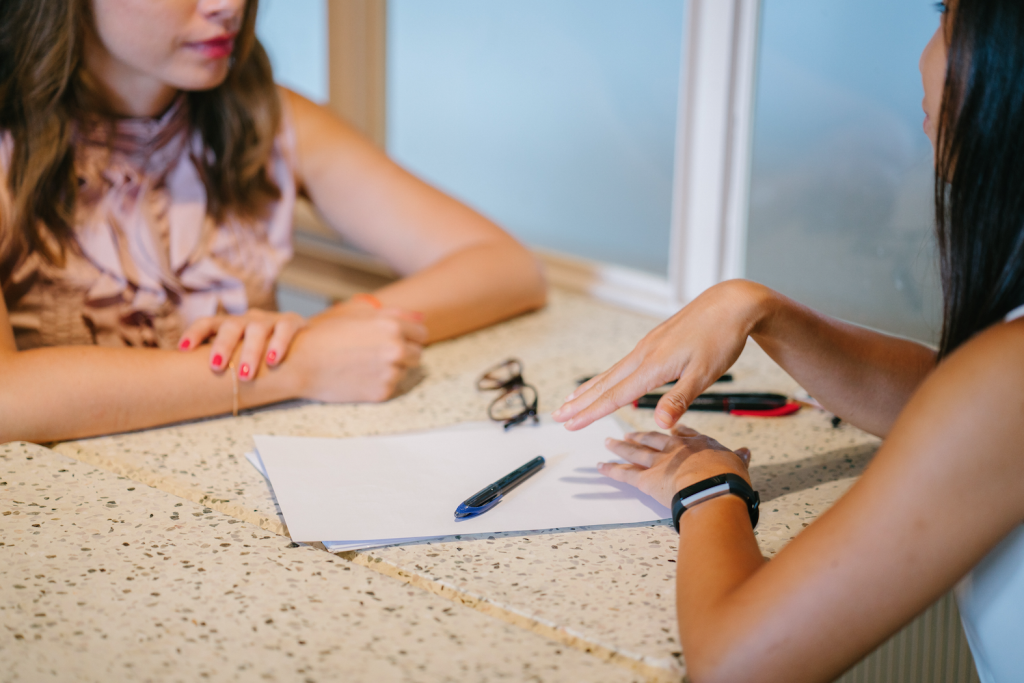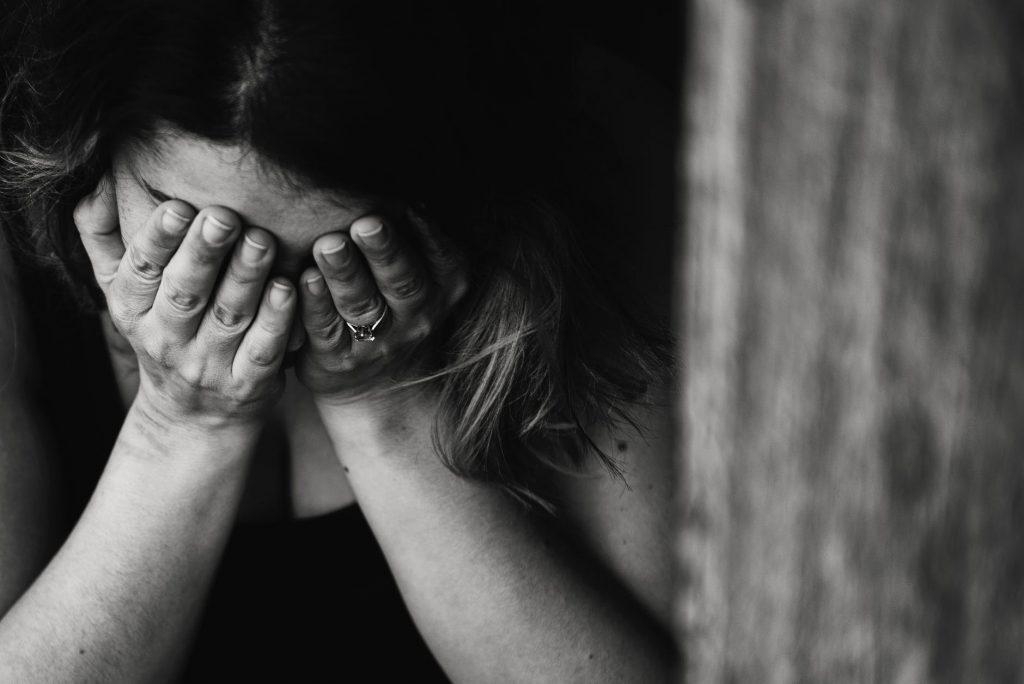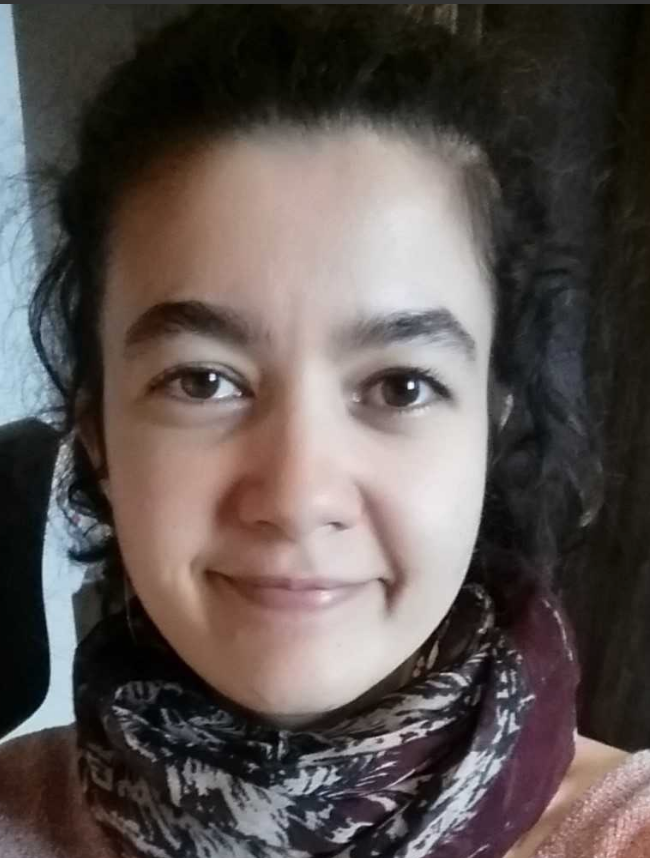Zeynep Butun is a second-year PhD student from Turkey. Her thesis focuses on how reflective practice and collaborative working contribute to English Language Teaching (ELT) teachers’ professional learning in Turkey. Her supervisor is Dr. Rebecca Harris. In this blog post, Zeynep offers some peer-to-peer advice for fellow doctoral students, as drawn from her reflection of her own PhD experience.
“You have to learn to live with uncertainty. Do not worry if you are doing the right thing, because you will not know it until later. You just have to explore, get familiar with things and trust your instincts.” This is a piece of advice I got from my doctoral supervisor in one of our meetings in my first year. I felt it was impossible for me to live with uncertainty. However, the more time I spend doing my doctoral research, ‘uncertainty’ has now become the word that can summarise what conducting doctoral research is really like. You are simply never certain of anything.

And that is okay. But until you feel that is okay, it takes time. It starts with resistance because you want to be certain of what you are doing, where your work is going, if you are reading the right literature, and if your writing makes sense. There are a lot of questions going in your mind: you want a ‘Yes’ or ‘No’ answer to them, but you do not get that answer. Then, worrying comes. You start worrying about the quality of your work, the word count, your deadlines, your epistemological and ontological positions. It is endless: once you start worrying about some certain things, other things follow them, and you end up worrying about everything.
Then, procrastination comes. You feel intimidated by the amount of the work and start procrastinating. It does not save you from your deadlines or lessen the work you are supposed to do – it is just a waste of time, and you know it. You do not feel relaxed because you are still thinking of the things you are supposed to do and feel worried because you are not doing them. Procrastinating does you no good. On the contrary, you start losing control over your precious time which is where things can get very ugly. If you are unable to effectively manage your time, you may not have the time you need to complete the tasks that need to get done.

For me, it all started with accepting uncertainty after having resisted, worried, procrastinated and worried even more. Once you accept uncertainty and know that you will not see the finishing line just yet, and understand that you will have to take baby steps to get to that milestone, you focus on what you have ‘now’, and organise the things that you are supposed to do now.

Focusing on now and not worrying about the uncertainty of future is a kind of Carpe diem, but the doctoral research version: seize the day and get on with doing some work that you can do now. Even if you cannot tick all the boxes in your to-do list today, it is important to see you are still making progress, to see you know more than you did yesterday, and you are now closer to achieving your goals. This helps you to stay motivated, and you need every fibre of motivation, because it is a long journey.
It is normal to feel like you are the only person going through all these worrying stages, and to feel like everybody else is doing better than you, managing their time better than you, having more productive days than you. But no. Those everybody else have been there, and some others will be there soon. It is a part of the process, it is the nature of doing doctoral research. It takes time for everybody, but you will get there …

